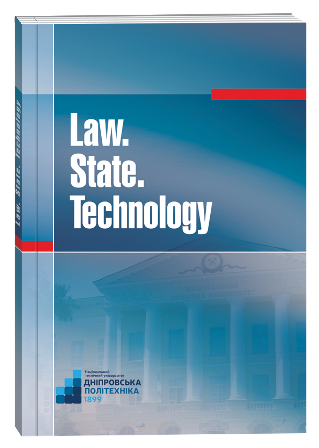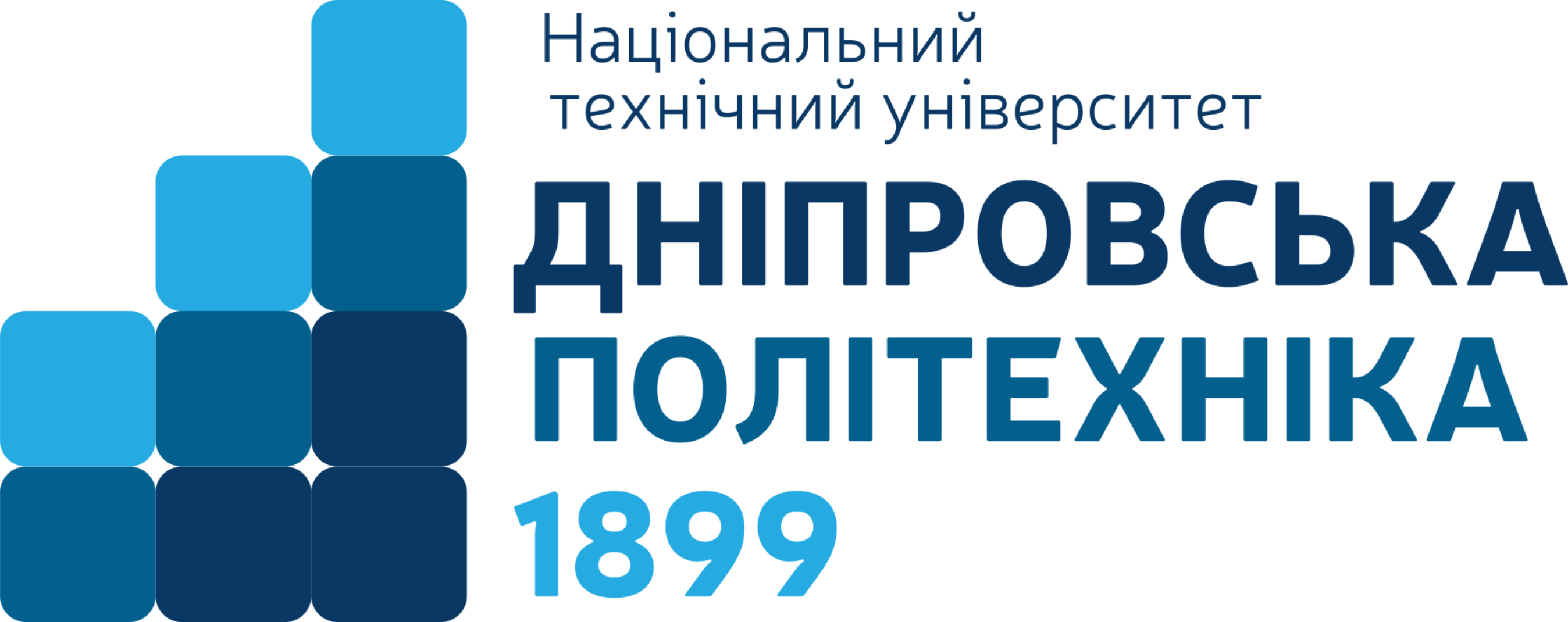FREEDOM AS A VALUE IN UKRAINIAN ADMINISTRATIVE DISCOURSE
DOI:
https://doi.org/10.32782/LST/2025-1-7Keywords:
public power, state power, local self-government, administrative and legal axiology, axiology of law, values and principles of the system of law, freedomAbstract
The article formulates that freedom as a value in the Ukrainian administrative discourse is a multidimensional phenomenon which combines both individual rights and freedoms of a person and the need for effective public administration. In modern conditions, especially in the context of Ukraine's European integration after the Revolution of Dignity in 2014, this value has acquired a new meaning. It is viewed not only as the absence of restrictions, but also as a condition for the exercise of individual rights and freedoms in a democratic state operating under the rule of law. Administrative law, by establishing the framework for intervention by public authorities, is designed to ensure a balance between individual freedom and the need to regulate social relations in the interests of the common good. It is noted that under martial law, the analysis of administrative practice shows that freedom often remains secondary to such values as state sovereignty and national security – it is important to emphasise the temporary nature of this state of affairs. After all, the European integration vector of Ukraine's development necessitates the introduction of an approach based on the fact that in democratic countries, freedom is the guiding principle in the formation of administrative legislation. The author emphasises that the main difference between national interests and values of administrative law lies in their nature. National interests are the strategic priorities of the State which determine the direction of its development and may change depending on historical, political or socio-economic conditions. They serve as the basis for the formation of state policy, but they are not a legal category in themselves. Consequently, they are not a value of administrative law in Ukraine in particular (and of law in general). The values of administrative law, on the contrary, are principles of law that ensure the stability and efficiency of public administration. They define the mechanisms for exercising power, guarantee the observance of individual rights and freedoms, and ensure the accountability of public authorities.
References
Величко В. Ю. Свобода як цінність адміністративно-судочинних правовідносин: дис. … к.ю.н. Запоріжжя, 2024. 220 с.
Легеза Ю. О. Розсуд судді адміністративного суду: поняття та класифікація. Правові новели. Науковий юридичний журнал. 2022. № 18. С. 77–81.
Легеза Ю. О Свобода та розумність як правові цінності сучасного цифрового європейського суспільства. Law. State. Technology. 2024. № 3. С. 9–13.
Мішина Н. В. Формування бюджетів муніципальних органів (на матеріалах країн – членів Ради Європи). Юридичний вісник. 2022. № 3. С. 154–160.
Про національну безпеку України: Закон України від 21 червня 2018 р. Відомості Верховної Ради України. 2018. № 31. Ст. 241.
Amelicheva L., Martyniuk O., Pyroha I., Qaracayev C., Myroshnychenko V. Implementation of constitutional human rights and social guarantees of security in the context of digitalization. Amazonia Investiga, 2021. no. 10 (45), pp. 265–271.
Mishyna N. European court of human rights’ judgements implementation by local and regional authorities: relevant publications on the topic. Наукові праці Національного університету «Одеська юридична академія». Одеса, 2023. Т. 33. С. 52–57.
Qaracayev C. Due process as constitutional control’s subject: theory and practice of the Constitutional court of Azerbaijan and European court of human rights. Науковий вісник Міжнародного гуманітарного університету. Сер.: Юриспруденція. 2023. № 64. C. 14–17.








